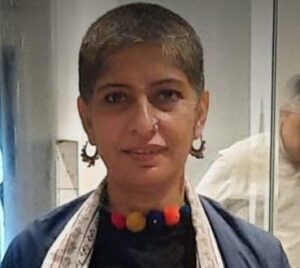The Ministry of Education’s new National Education Policy 2020 has been implemented in the country.
In the context of higher education, this policy proves to be a blueprint for the Indian education system, but it has certain flaws that cannot be overlooked.
For instance, the emphasis on places running multi-disciplinary courses instead of single program-based institutions. A large number of our 51,000 higher education institutions focus on single programs. As a malformed education system, B.Ed. colleges, engineering, law or management colleges abound in single discipline colleges. Their experience in ancient Indian universities or modern universities show how useful multi-disciplinary teaching-research institutions can be.
Laying a Strong Foundation
An innovative recommendation in the New Education Policy is to emphasize multidisciplinary undergraduate education from the beginning rather than orienting education towards specialization. Today, in Indian-Europe, graduate-level education is very similar to this Indian method which they proudly call ‘Liberal Arts’. A survey in the draft NEP cites that the artistic hobby was three times more among Nobel Prize-winning scientists than average scientists. A proposal to include community engagement, social service and development in the higher education system is also in the draft. As a part of education, students will be offered internship opportunities with local industry, businesses, artists, artisans or professors accustomed to equip them with theoretical as well as practical knowledge to improve their productivity and efficiency.
A Simplified Process
Another recommendation of the policy is to eliminate the individual entrance examinations for admission to undergraduate programs at various higher educational institutions through a single examination through the National Testing Agency (NTA). This will free the students from speaking of different examinations, which will save time, money and energy of all three (but here it is also important that the marks of 12th in admission are not overlooked).
Making Way for Innovation
In context to teachers, there has been an addition of certain parameters like innovation, quality, and impact of research in their teaching and pedagogy for promotion or increment. This will also be reviewed by colleagues and students, which can be as much controversial as theoretically appropriate. This can affect many aspects which will eventually spoil the entire educational environment. Peer and student review will not be the right move.
While the education policy can play a pivotal role in accelerating the education system of the country, it is imperative that we do not overlook its scope of improvement.
Vikash Kinha is a student leader who has keen interest in education, politics, and International Relations.







Comments are closed.